10 Crucial Insights into the Value of Money
In the world of emergency prepping, the value of money cannot be overstated. As preppers, understanding how to manage and leverage finances is as vital as stockpiling supplies and honing survival skills. In a world where money is hard to understand, here are 10 crucial insights into the value of money.
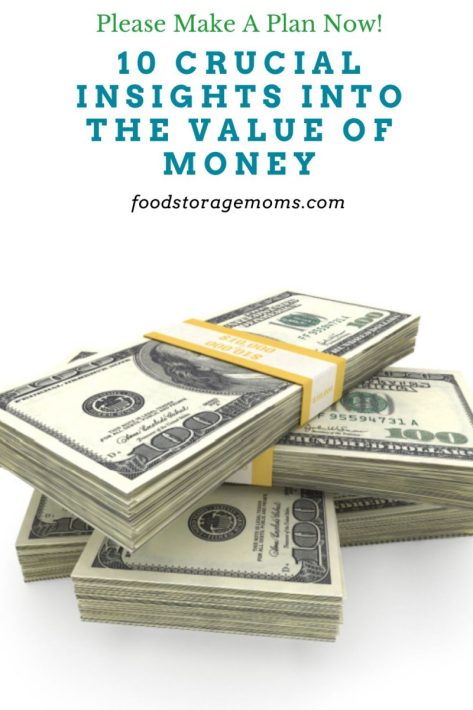
1. Building a Solid Financial Foundation
The first step in any prepper’s journey is to establish a solid financial foundation. This involves creating a budget, reducing debt, and building an emergency fund. Having a clear understanding of your financial situation allows you to allocate resources effectively and ensures you’re better prepared for unforeseen emergencies. 10 Budget-Friendly Ways to Transform Eggs into Delicious Meals
By starting early in your career, you can set certain parameters and priorities when it comes to personal finances. As you age, gain more experience, and learn how the financial markets work, you make the necessary adjustments to meet your goals.
2. Diversification: Not Just for Supplies
Much like diversifying your supplies, diversifying your financial assets is essential for preppers. Relying solely on one form of currency or investment can leave you vulnerable. Explore various options such as precious metals, cryptocurrencies, and the stability of traditional investments to safeguard your wealth against economic uncertainties. 10 Reasons Stockpiling Emergency Supplies Makes Sense
3. Inflation: The Silent Threat
Preppers must be vigilant against the silent threat of inflation. Understanding how inflation erodes the purchasing power of money over time is crucial. Consider investing in assets that historically outpace inflation to preserve the value of your wealth in the long run. How to Deal with Inflation as a Prepper
The are so many variables in the financial marketplace, it’s often best to be patient and not too reactionary. Interest rates change, commodities gain and lose value, investment declines are inevitable, but so are the cycles that bring back values in the long run in most cases.
4. Barter and Trade Skills
In a post-apocalyptic scenario, money might lose its traditional value. Learning practical skills and developing a bartering mindset can be invaluable. Preppers should consider investing in learning trades such as carpentry, agriculture, or medical skills that can be exchanged for goods and services. How to Barter with Food and Water
Transactions can take on various characteristics depending on the economy and industries within it. Skills can become a medium of exchange as you put your training and experience to work. We are seeing those who have a mind for innovation and creativity succeed where others don’t. The amount of money you have available is only one function of financial planning and decision-making. How you apply what you know makes a real difference.
5. Long-Term vs. Short-Term Investments
Balancing long-term and short-term investments is a delicate art. While having a stockpile of immediate necessities is essential, long-term investments like real estate or sustainable energy sources can provide lasting value. Striking the right balance ensures you are prepared for both immediate and prolonged emergencies. Prepping Tasks to Take Care of Every Year
6. Emergency Preparedness Kits: Financial Edition
Much like a bug-out bag, consider creating a financial emergency preparedness kit. This includes essential documents, cash reserves in different denominations, and important contact information. Being able to access crucial financial resources quickly can make all the difference in times of crisis. Thriving with Less: How to Get By With Less
There is some wisdom in getting professional advice from someone you trust and have confidence in. Economists can explain how markets work, how consumer behavior affects the economy, and how the future value of maco decisions might influence markets. Knowledge of your individual situation provides an inside track for financial advisors to help you follow your overall financial goals.
7. The Power of Networking
In the prepping community, networking extends beyond sharing survival tips. Building a network of like-minded individuals can be beneficial for financial collaboration. Pooling resources, sharing skills, and creating a community financial plan can enhance everyone’s chances of survival. 10 Essential Ways to Prepare for Carbon Monoxide as a Prepper
Every family’s financial situation is different, but turmoil in financial markets, particularly during disasters, has a significant impact on everyone. Pooling information, experience, and community resources can help everyone willing to pitch in and do their part.
8. Staying Informed: Financial Intelligence Matters
Being a well-informed prepper involves more than just knowledge of survival techniques. Keeping abreast of economic trends, geopolitical developments, and potential threats to the financial system is crucial. Stay informed and adjust your financial strategy accordingly to stay one step ahead of potential challenges. Cash vs. Credit Card: Which is Better in an Emergency?
9. Adaptability: A Prepper’s Best Friend
Financial strategies should be adaptable to changing circumstances. Preppers need to be ready to pivot their financial plans based on evolving situations. Whether it’s a sudden economic downturn or a shift in the geopolitical landscape, adaptability is key to financial survival. What Preppers Prepare For
10. Education: The Ultimate Currency
Investing in education is perhaps the most valuable prepping strategy. It’s more than just paying money to take classes. It means reading quality books and articles with information and practical knowledge about finance, economics, and sustainable living practices. This equips you with the tools needed to navigate uncertain times. Education is the ultimate currency that transcends economic fluctuations. 15 Ways to Survive a Depression
Why is understanding the value of money important for emergency preppers?
Understanding the value of money is crucial for emergency preppers because it enables effective financial planning and decision-making. It helps preppers allocate resources wisely, diversify assets, and prepare for economic uncertainties, ensuring they can navigate various financial challenges during emergencies.
How can preppers adapt their financial plans to changing circumstances?
Preppers should adopt an adaptable mindset and be ready to pivot their financial plans based on evolving situations. Whether it’s responding to sudden economic downturns or adjusting to geopolitical changes, adaptability is key to financial survival in the unpredictable world of emergency prepping.
Being adaptable could entail relocating where you live and work, changing jobs or industries, learning new skills, and making sacrifices now for future benefits.
More Tips
- How to Save the Most Money on Gas
- How to Start Prepping with No Money
- 13 Tips for Saving Money on Your Electric Bill
Final Word
As emergency preppers, understanding the value of money is paramount to ensuring long-term survival. Remember, in the world of emergency prepping, financial preparedness is as important as any other survival skill. May God Bless this World, Linda
Copyright Images: Money AdobeStock_68360750 By SkyLine, Money Pile AdobeStock_87102736 By Destina



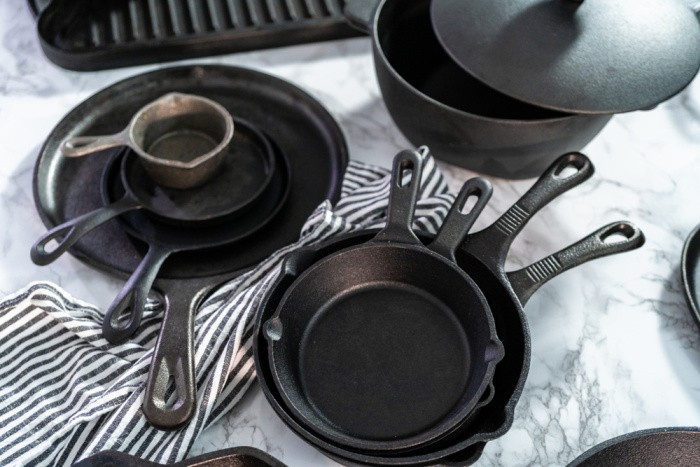
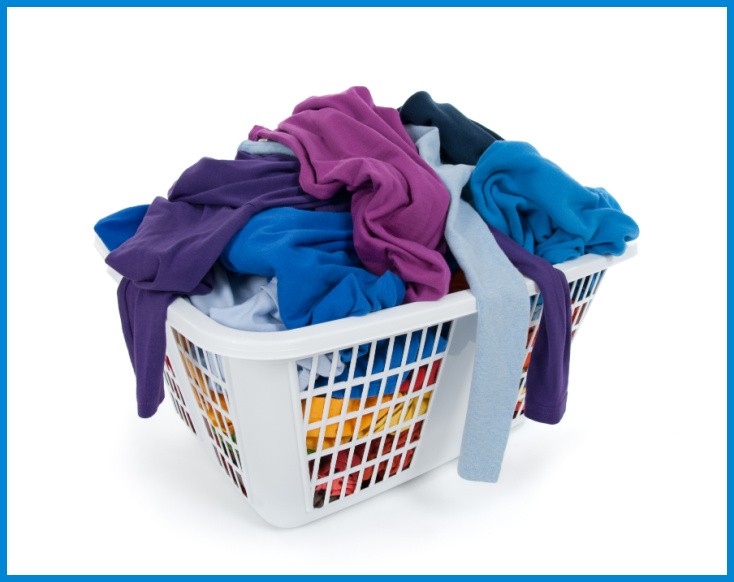
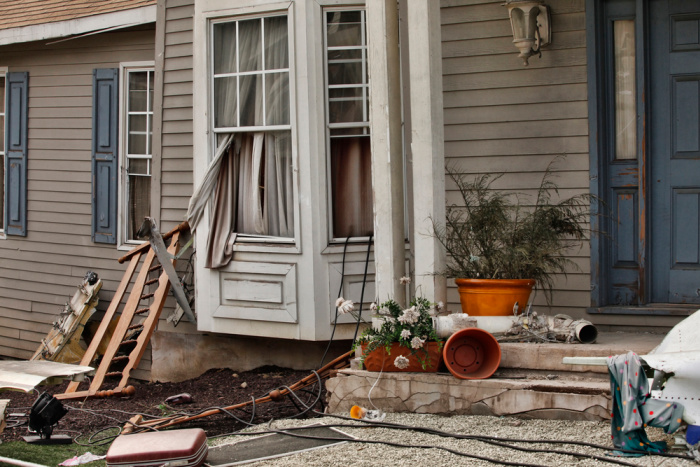
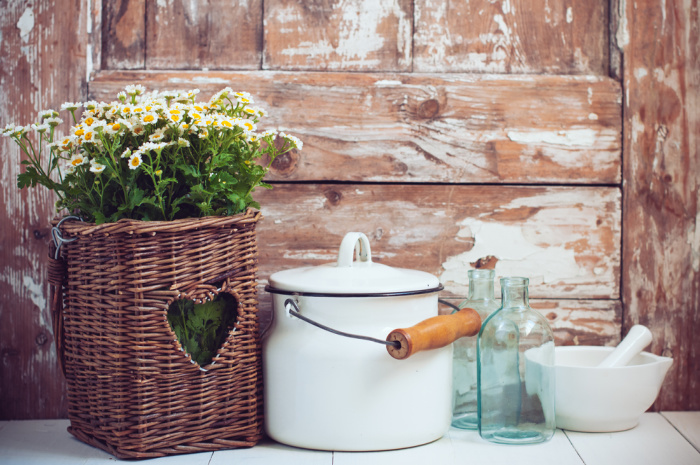

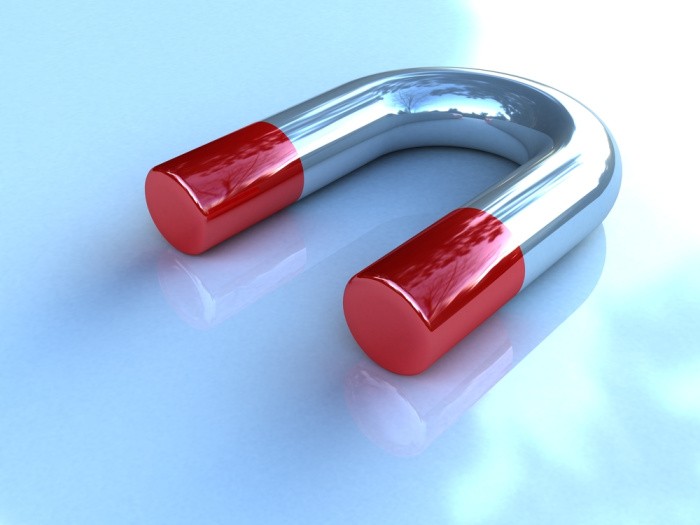













It’s a hard one to negotiate because of the diverse emergencies. Post tornado it’s extremely valuable. Post government collapse it could be worthless.
You must be ready to move and be realistic. I know a couple of guys who bought Iraqi dinar by the pallet because they’d been told it was going to be brought back when they established the new government post war. That didn’t happen so now they have pallets of it in a storage locker that’s worthless paper.
HI Matt, oh wow! I have never heard of Iraqi dinar, thanks for sharing! My biggest fear as you know is all three power grids being sabotaged. We must be preparede for whatever comes our way but be smart about it. Linda
Test
Test came through, did you get my comment? Linda
The best move I ever made before retirement was paying down all my debts. The worst move was selling the property I had back then instead of hanging on to it until prices improved. I’m using some of my savings to improve the family property where I live now, including a heat pump and large rainwater storage tanks, setting up a large garden, and making sure we have all the tools we need, especially hand tools. One of the latest acquisitions is a froe, used for making cedar shakes. Also handy for splitting kindling. Another investment I’m making is in community volunteering, which in turn opens up a whole world of mutual aid and good will.
HI Alice, oh it sounds awesome what you are doing! Community civic clubs are a blessing, we get to help others in need. We also get to meet new people. I wish we hadn’t moved up north 2-1/12 years ago but it’s too late now to turn back. I’ve heard a heat pump will save you a lot of money on heating bills! You are blessed to have land to garden to feed you and your family. Good will and mutual aid is a blessing. Linda
Linda,
You have outdone yourself with this article. One of the best steps anyone can take for Preparedness is to live debt free. Some folks think they can run up all the debt they can bear and then, if a societal collapse happens, that debt will be magically wiped out. As the people in countries where hyperinflation and stupid Socialist or Communist policies have discovered, that is NOT the case. Hard copies of important records are kept, and those in debt will still be in debt if a collapse happens. They just won’t be able to pay the debt off and so will lose their homes, cars, etc.
So please, get out of debt as soon as you can.
That doesn’t mean don’t use credit cards—just pay them off monthly. (And never use them for any transaction you don’t want tracked).
That said, CASH is king in almost any emergency situation. Even if we got hit by an EMP or some other disaster or attack destroyed our power grid, cash would still be useful for days, weeks or even months, until people figured out it was worthless. So keep as much as you can on hand—not in a bank or safety deposit box. Even keep a bit in your car.
Still, let’s face it, our since our dollars are only based on the “Full Faith and Credit” or our government, we are operating on a fiat currency right now. Our money has no intrinsic value—not being tied to real, tangible things like land, gold or silver. Therefore, it’s value relies solely on our belief in it.
So, heed Linda’s words of wisdom.
HI Ray, thank you for your kind words, my sweet friend. Times are tough I realize for everyone but wow, I feel strongly they are going to get much worse. Get out of debt is #1 for sure. Great comment, Linda
My crucial insight to the value of money? I can never have enough! LOL That being said, we have done our best to save AND our house is paid for, as are the cars. We do use one credit card but pay it off monthly. Since semi retirement, we are retraining ourselves on our spending habits. Dang, but that fabric costs alot of money now! I’ve been quilting since half of forever. Fabric was around $5 a yard way back then; now it’s $16 a yard! Sheez. Thankful for the mini fabric store in my closet!
Linda, I love your website. It’s always got something that is pertinent AND helpful. I wish more people would heed the warning signs out there. We’re going to have to rely on each other when SHTF!
Hi Robbie, you are so right we will have to rely on one another. But everyone must do their part. We can’t have free loaders, that may seem cruel. But it’s the truth. I remember when fabric was $5.00 a yard, now it’s $12???? Oh my gosh, girl! Thankfully you have a good stash. Stay safe, stay healthy, Linda
The best housewarming gift for new home owners Is an amortization schedule. It will allow them to see the actual numbers and let them to work to pay down their mortgage. We paid off a 30 year mortgage in 5 years, when interst rates were over 10%. We don’t have debt, because if you can’t afford it now, you can’t afford it later. We also think it is worthwhile to consider gold and junk silver.
HI Chris, oh my gosh we had a house with 12% and felt lucky! LOL! People nowadays do not remember when some mortgage were 18% but loan amounts and cost of homes was lower. Either way to pay off your house in 5 years was a blessing. I owned my own mortgage company for about 15 years I always gave my clients amortizations. #1 30 year, #2 15 year, #3 10 year. It makes a big difference paying down the mortgage more than the actual payment. Great comment! Linda